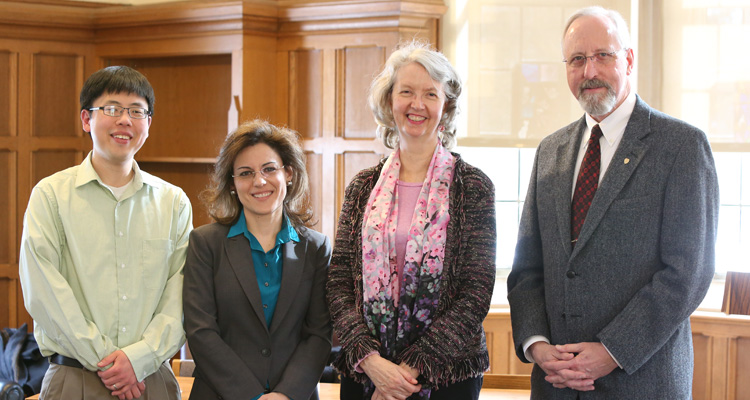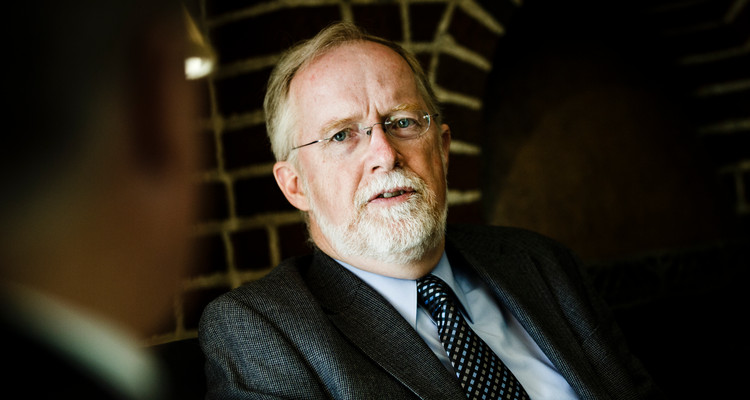The Murphy Institute sponsored a faculty roundtable discussion of Thomas Piketty’s recent book, Capital in the Twenty-First Century, in order to bring its argument into dialogue with the social teaching of the Catholic Church. Four professors from the University of St. Thomas – Mariana Hernandez Crespo (School of Law), Matthew Kim (Economics Department, College of Arts and Sciences), Daryl Koehn (Business Ethics Department, Opus College of Business) and Robert Kennedy (Catholic Studies) – took up this task from different standpoints and disciplines.
 In his book, Piketty argues that the rate of return on capital has almost always outpaced the rate of economic growth over the long term, resulting in evergreater concentrations of wealth. Because inequality is, as Pope Francis has reminded Catholics, “the root of social evil,” extreme concentrations of wealth are neither politically just nor useful.
In his book, Piketty argues that the rate of return on capital has almost always outpaced the rate of economic growth over the long term, resulting in evergreater concentrations of wealth. Because inequality is, as Pope Francis has reminded Catholics, “the root of social evil,” extreme concentrations of wealth are neither politically just nor useful.
What, then, can Catholics take away from Piketty’s largely historical analysis of inequality in the capitalist order? While no single consensus emerged among the faculty discussants of Piketty's book, their responses offered rich and stimulating assessments of the strengths and weaknesses of Piketty’s argument.
Later in February, Steven Justice, Chancellor's Professor of English literature at the University of California – Berkeley, delivered a lecture titled “Does Believing Corrupt Thinking? Faith, Antecedent Commitments, and Intellectual Inquiry.” Justice addressed this question from the perspective of the specialized researcher and from the perspective of the general inquirer into truth. He argued that in neither case does religious belief hamper intellectual inquiry; rather, like other kinds of antecedent commitments, such belief may help the researcher breathe new life into his or her discipline.
William Junker, co-director of the Murphy Institute and assistant professor of Catholic Studies at St. Thomas, described Justice's lecture as “both a realistic and provocative account of the role of antecedent commitments, including religious belief, in academic research and intellectual inquiry more generally.”
Read more from Perspectives.





